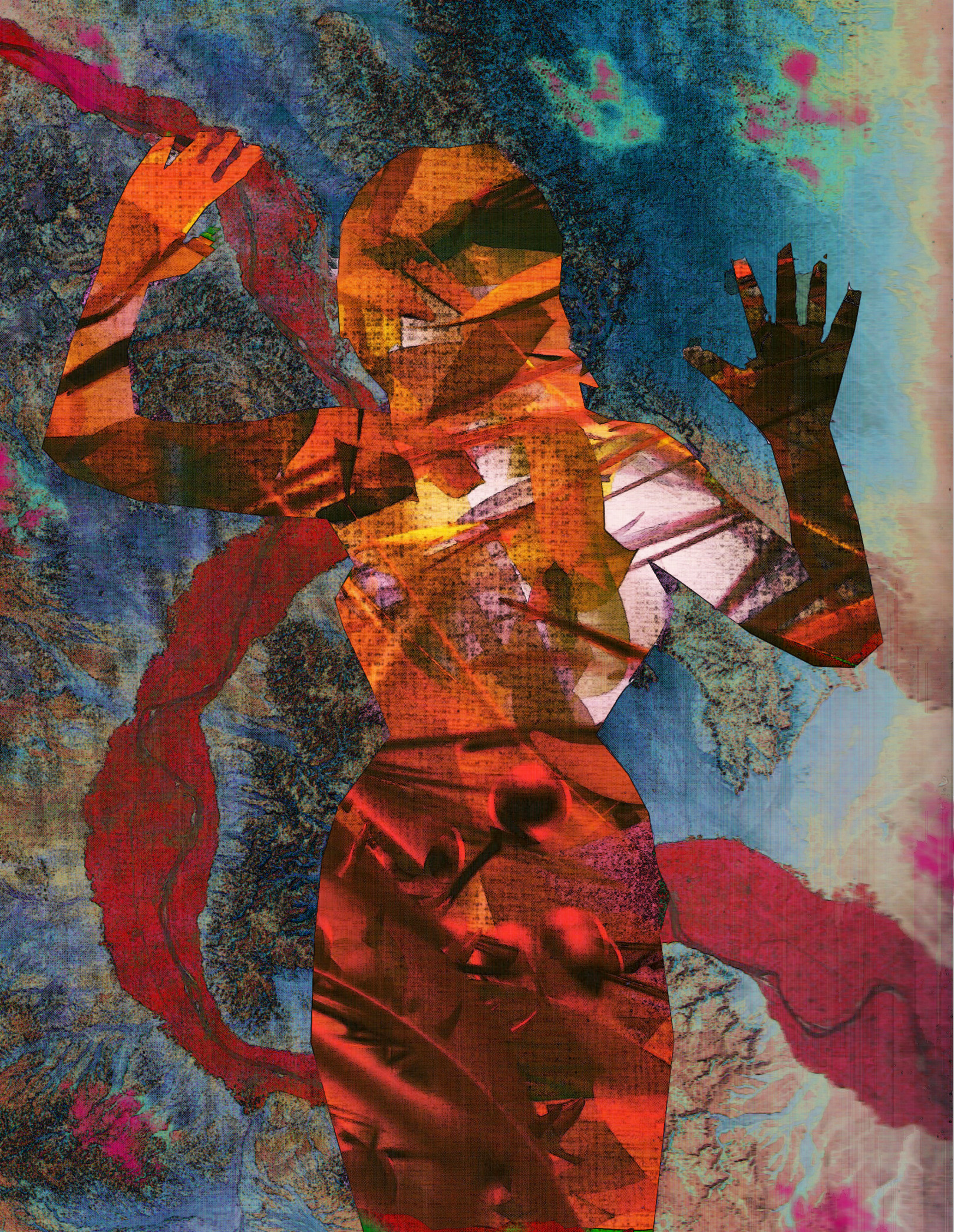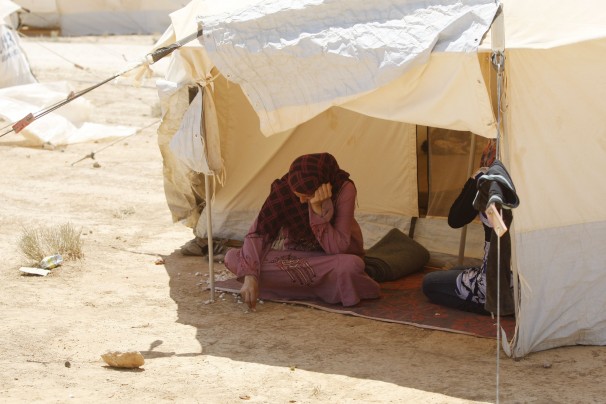As a recent graduate who has begun to work in Jordan, I am beginning to experience firsthand what it is like to participate in the Jordanian work force as a young woman, after being asked “are you sure you work as a female lawyer in Jordan?”. As a trainee lawyer my work experience is still minimal, however in this short time I have been exposed to work with both the private and public sector. Through my work at government offices and directorates I was certainly overwhelmed, as even though many people where helpful, the male dominated environment was intimidating. However I found the presence of a large number of female workers who I could ask for help very comforting. Their presence is not a token one, as they are efficient and productive workers. This experience highlighted the importance of the presence of women in the workplace, as they support each other and form bonds over the challenges they face in this patriarchal society.
The presence of women in the public space in general encourages other women to step out and participate actively in society. This is lacking in Jordan as only 15 per cent of the populace participates in the economy despite being highly educated and literate. We need to change this status quo by encouraging more women to go to work, and by changing the policies that hinder their ability to do so. Women’s participation in the economy is key to the country’s development and women’s greater presence and influence in the public space could be the catalyst to defeating the cultural restraints and patriarchal notions embedded in Jordanian society.
The Status Quo
Over the past few years, Jordan has been able to achieve gender equality in education. It has one of the highest female literacy rates in the Middle East at 97.3%; females achieve higher grades than males in all levels of education, and more than half the student body in Jordanian Universities is female. This is a milestone achievement. Unfortunately, however, these strides in education are not reflected in the availability of jobs for women. Female participation in the Jordanian workforce amounts to 15%, among the lowest in the region, and while 23% of men are unemployed, female unemployment stands at 46%. Most women are also employed in the education, medical and social sectors.
In general, women fare better in the public sector in which they amount to a third of the employees, and do not suffer from a pay gap as they earn on average a salary of JD459, compared to JD407 for men. The issue is that very few of these women hold leadership positions. When it comes to the private sector, fewer women are employed. They also suffer from a gender pay gap, mainly in small businesses which are less regulated and the unorganized business sector in which the average salary of female employees is JD381, while the average salary for male employees stands at JD489.
There are cultural restraints that hinder women’s ability to enter the workplace because they impact women’s rights in key sectors such as education, the law, and the facilities available to female employees. One of the patriarchal aspects in Jordanian society is leaving decisions to the men of the household, which allows for a woman’s father, husband or brother to have too much influence on her decision to join or leave the work force. Notions about gender roles and what careers are acceptable for women have seeped into our education system. Our female youth are being taught that certain careers, like being teacher or a nurse is more appropriate, as they fit well with the prescribed roles of mother and caretaker, while other jobs are reserved for men. This is referred to by some as a “hidden curriculum”. Further, these cultural restraints also leave their mark on the implementation of the law. Although there are sections of the Labor law that are meant to enhance women’s participation in the work place, such us providing paid maternity leave and child care facilities at the work place, they have not been effectively implemented in practice.
Women’s participation in the economy is key to the country’s development and women’s greater presence and influence in the public space could be the catalyst to defeating the cultural restraints and patriarchal notions embedded in Jordanian society.
Striving for Change
Despite the challenges discussed, Jordanians and the Jordanian Government have demonstrated the political will to change the status quo and there have been several initiatives to pursue this. The problem is recognized by the government as part of its economic strategy and the Ministry of Labor has begun to pursue a policy of gender integration by providing benefits and incentives. Changes can be seen in the public sector in which women are eligible for three-month paid maternity leave, as well as unpaid leave for two years. An hour-long break has been implemented so that working mothers can breast feed their babies until they are 1 year old. Recent changes also include putting a code of conduct in place to protect female employees and end discrimination issues.
There have also been campaigns and initiatives by citizens. An example of this is the SADAQA campaign which over the past few years has worked to raise awareness and implement article 72 of the Labor Law which requires companies that have 20 or more female employees with a total of 10 children under the age of four to provide an adequate daycare centre supervised by trained personnel in the workplace. Despite these improvements, not much has been done to address the cultural restraints, particularly in education.
Hopes for the Future
The political will of the government and members of the public and the improvements that have been made leave hope that there can be effective change in the future. It is the cultural restraints and the prescribed gender roles that must be more effectively addressed so that the status quo is changed. It must no longer be questionable how any women wishes to contribute to or participate in the economic sphere or public space, but be taken as a natural part of her existence as it should be for all individuals.




